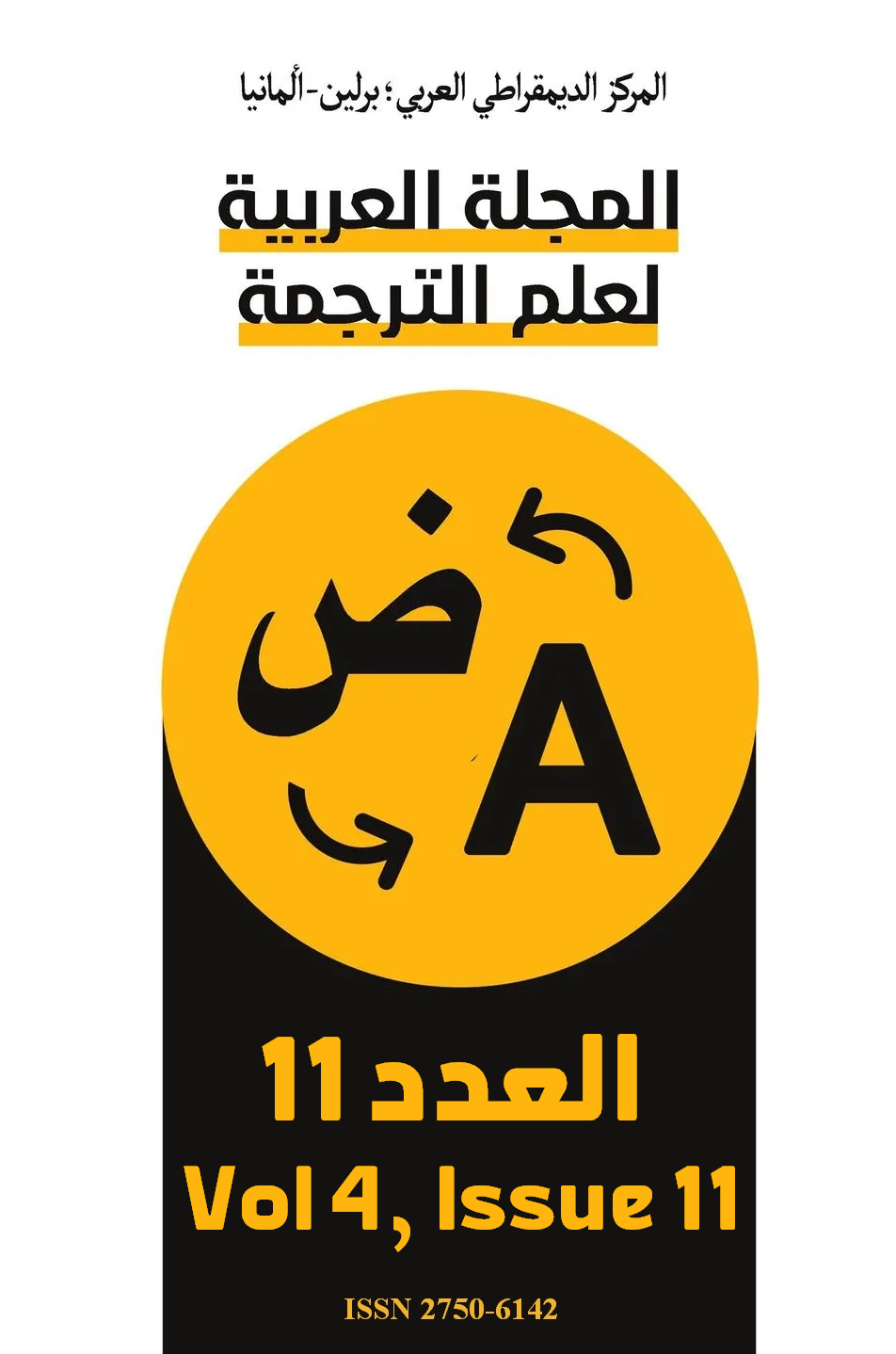The Discovery of Antonio Gramsci
DOI:
https://doi.org/10.63939/AJTS.c7gwvv04Keywords:
Antonio Gramsci, Cultural Hegemony, Bourgeois Democracy, International Political Economy, Marxist ThoughtAbstract
This article explores the central ideas of Italian Marxist thinker Antonio Gramsci, who emerged as one of the most influential Marxist theorists of the 20th century, discussing concepts such as hegemony, the crisis of bourgeois democracy, and international relations. It reviews Gramsci's life and his writing of the "Prison Notebooks," which introduced fundamental concepts including hegemony, war of position, organic crisis, and Caesarism. Gramsci emphasizes hegemony as an intellectual and moral leadership that seeks to unify diverse class interests under the dominance of a ruling social group, transforming the bourgeois state into an educational and assimilative apparatus for the entire society.
Gramsci also proposes the "war of position," a long-term strategy aimed at conquering Western civil society, contrasting the "war of movement" exemplified by the Russian Revolution due to the complex structure of Western societies. Additionally, the article outlines Gramsci's views on organic crisis and Caesarism, explaining how the collapse of traditional hegemony creates a political vacuum potentially filled by temporary authoritarian measures aiming to manage the instability resulting from institutional breakdown.
Internationally, Gramsci's ideas inspired the neo-Gramscian school of International Political Economy, analyzing how the balance of power between states and societies is constructed. He argues that international relations follow rather than precede underlying social structures, highlighting the role of geographic, economic, military, and ideological factors in shaping global power dynamics.
The article concludes that Gramsci provides a flexible intellectual framework linking history, politics, and ideology, rendering his ideas highly effective analytical tools for comprehending contemporary political and social realities, particularly in the context of ongoing political crises faced by European democracies today.
Downloads
References
Gramsci, A. (1978–1996). Cahiers de prison (R. Paris, Ed.; 5 vols.). Gallimard
Gramsci, A. (2012). Guerre de mouvement et guerre de position (R. Keucheyan, Ed.). La Fabrique
Gramsci, A. (2014). Textes choisis (A. Tosel, Ed.). Le Temps des Cerises
Cox, R. W. (1981). Social forces, states, and world orders: Beyond international relations theory. Millennium: Journal of International Studies, 10(2), 126-155. https://doi.org/10.1177/03058298810100020501 DOI: https://doi.org/10.1177/03058298810100020501
Cox, R. W. (1983). Gramsci, hegemony, and international relations: An essay in method. Millennium: Journal of International Studies, 12(2), 162-175. https://doi.org/10.1177/03058298830120020701 DOI: https://doi.org/10.1177/03058298830120020701
Downloads
Published
Issue
Section
License
Copyright (c) 2025 ناثان سبيربر (مؤلف)؛ زهير الخويلدي (مترجم)

This work is licensed under a Creative Commons Attribution-NonCommercial 4.0 International License.
As an open-access the journal follows the CC BY-NC 4.0 Attribution-NonCommercial 4.0 International which states that:
- you are free to:
- Share— copy and redistribute the material in any medium or format.
- Adapt— remix, transform, and build upon the material.
- Under the following terms:
- Attribution— You must give appropriate credit, provide a link to the license, and indicate if changes were made. You may do so in any reasonable manner, but not in any way that suggests the licensor endorses you or your use.
- NonCommercial — You may not use the material for commercial purposes.
- No additional restrictions — You may not apply legal terms or technological measures that legally restrict others from doing anything the license permits.












